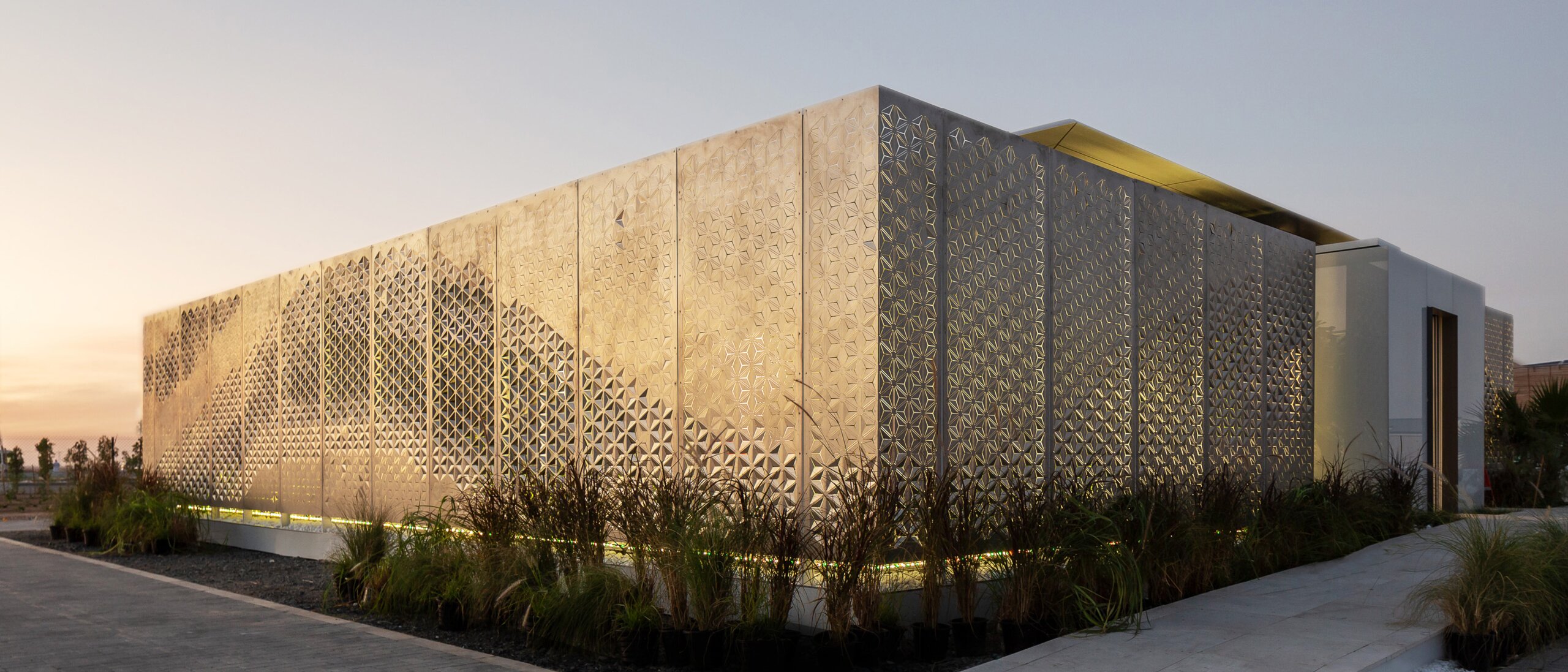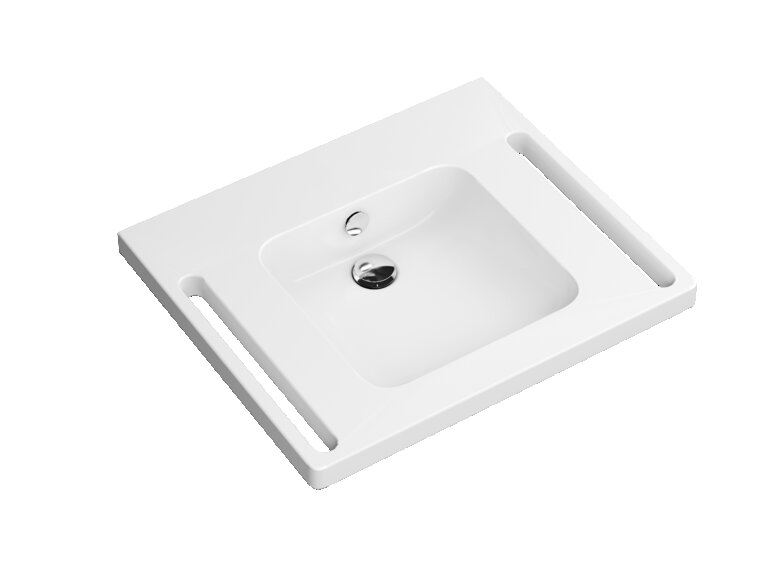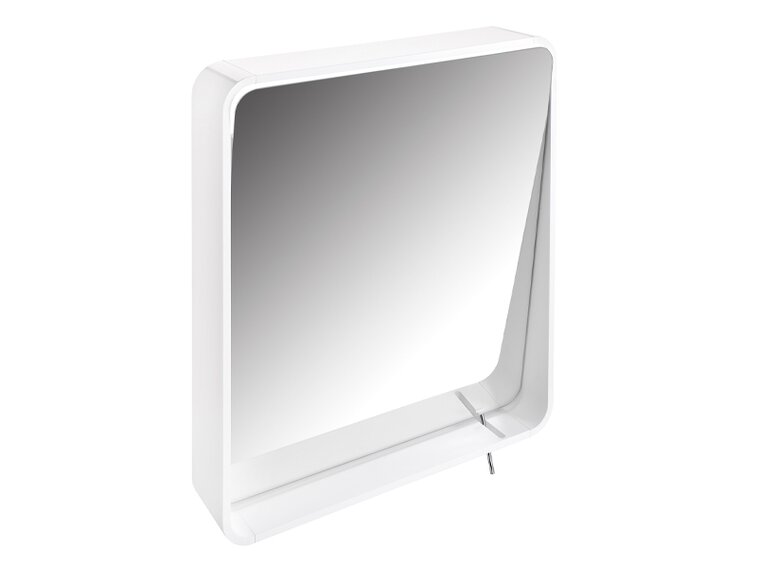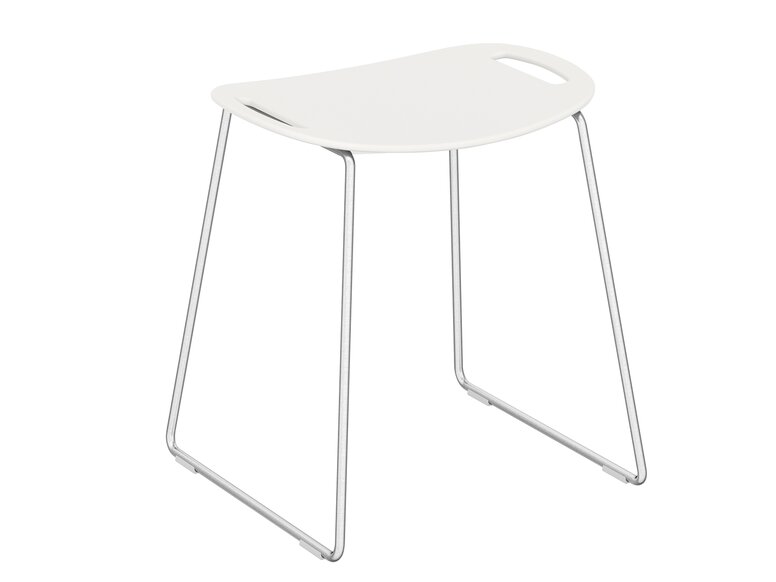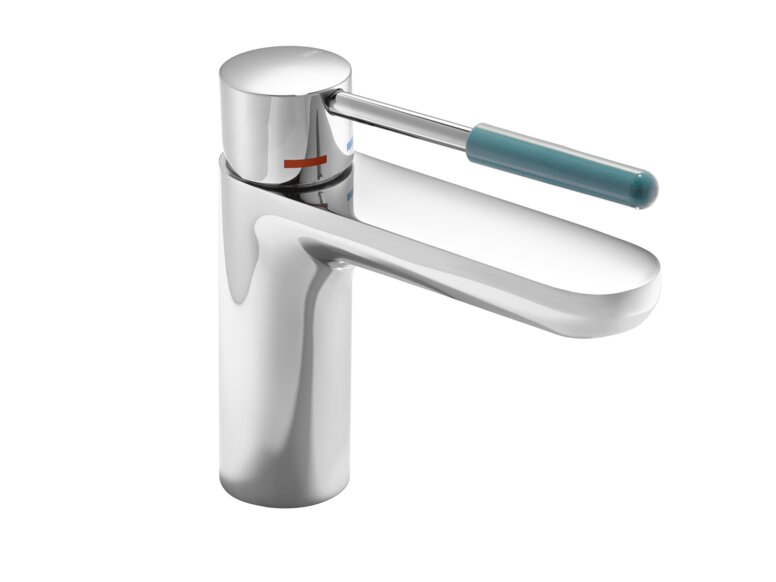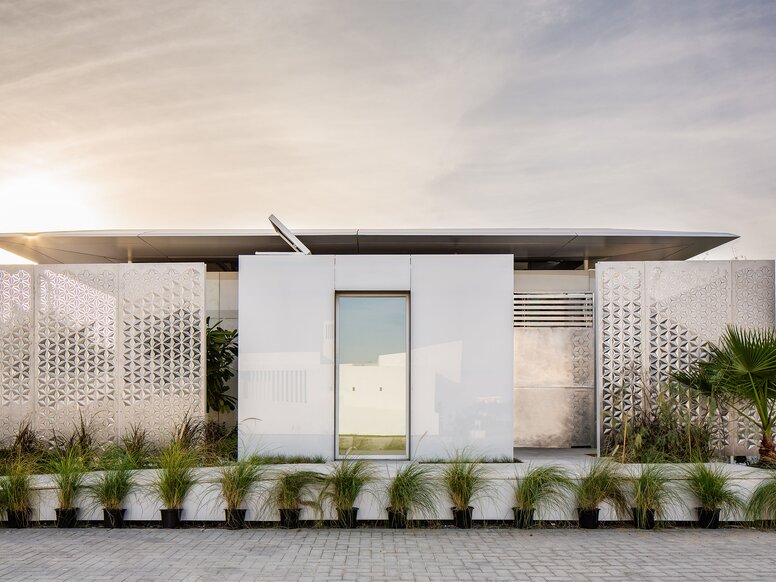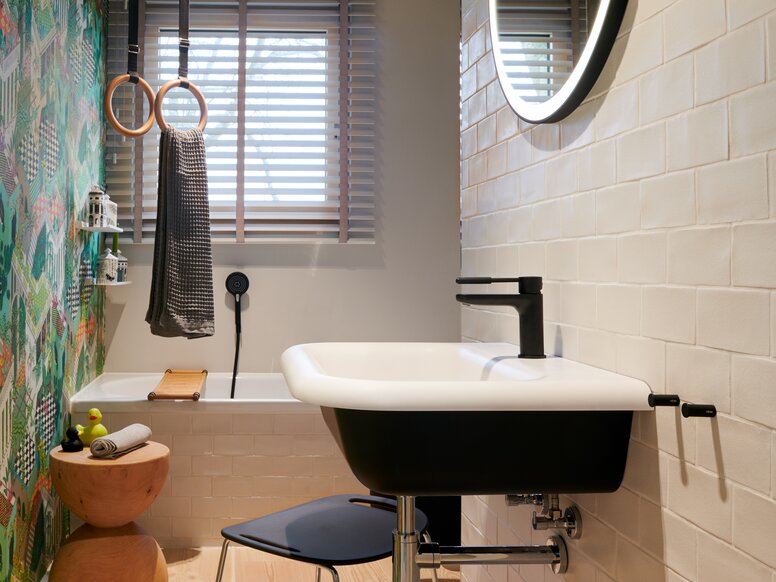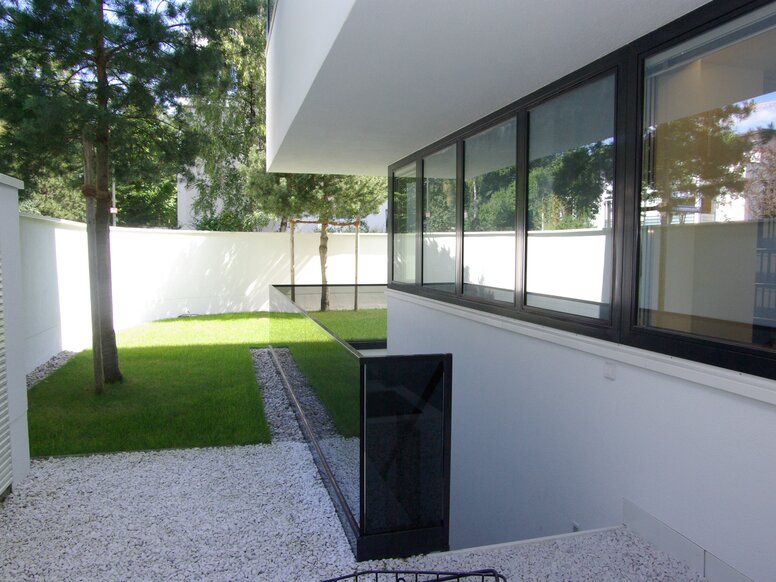HEWI Mag / references
Futurehouse - living in the future
Virginia Tech's Center for Design Research has been working on the architecture, building and living of tomorrow for more than two decades.
With the FutureHAUS in Dubai, the research team showed how intelligent design and technology can solve the universal challenges in residential construction. The homes of the future will be more efficient, more sustainable and more affordable - and will adapt to the individual needs of their users.
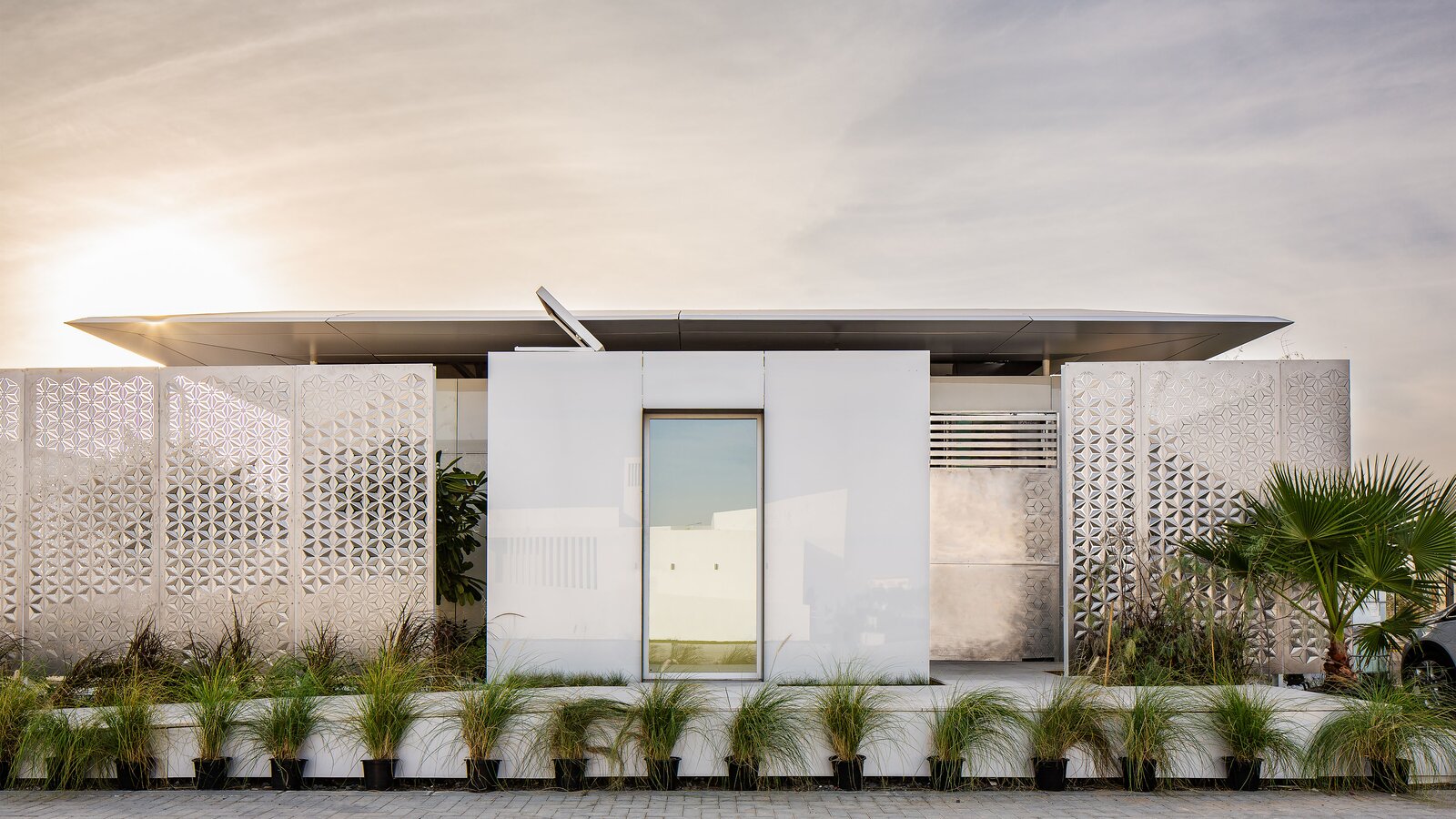
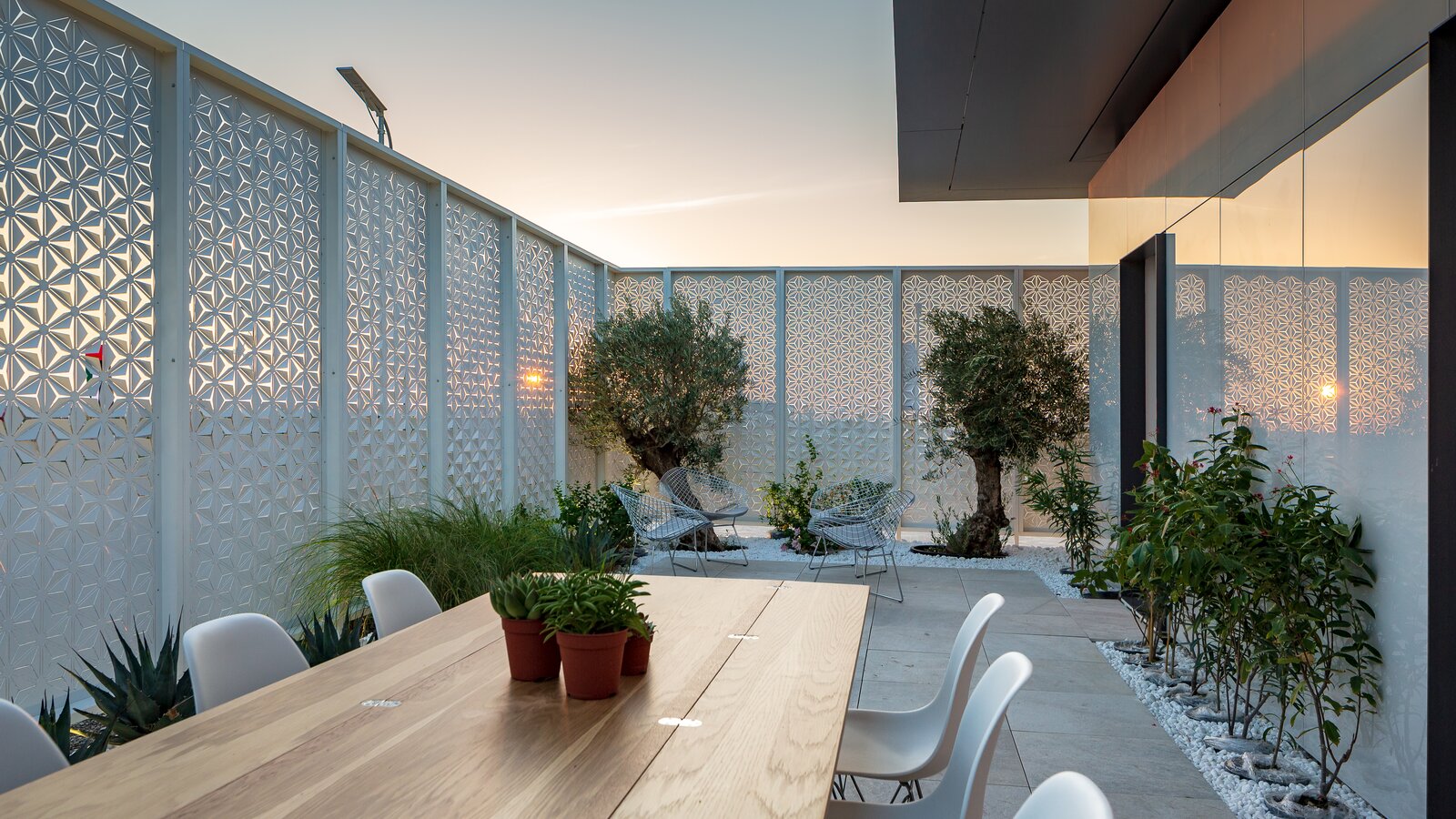
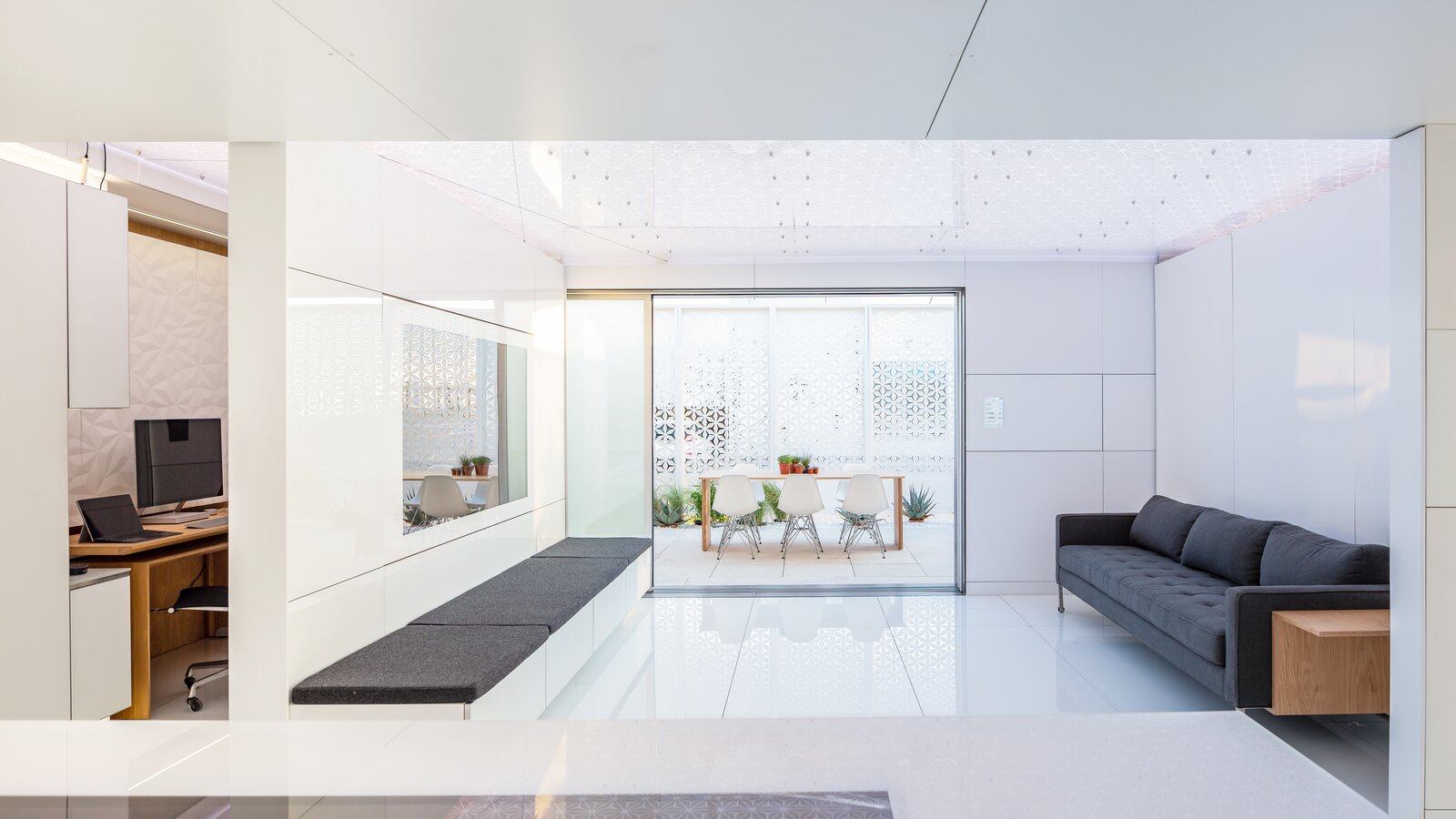
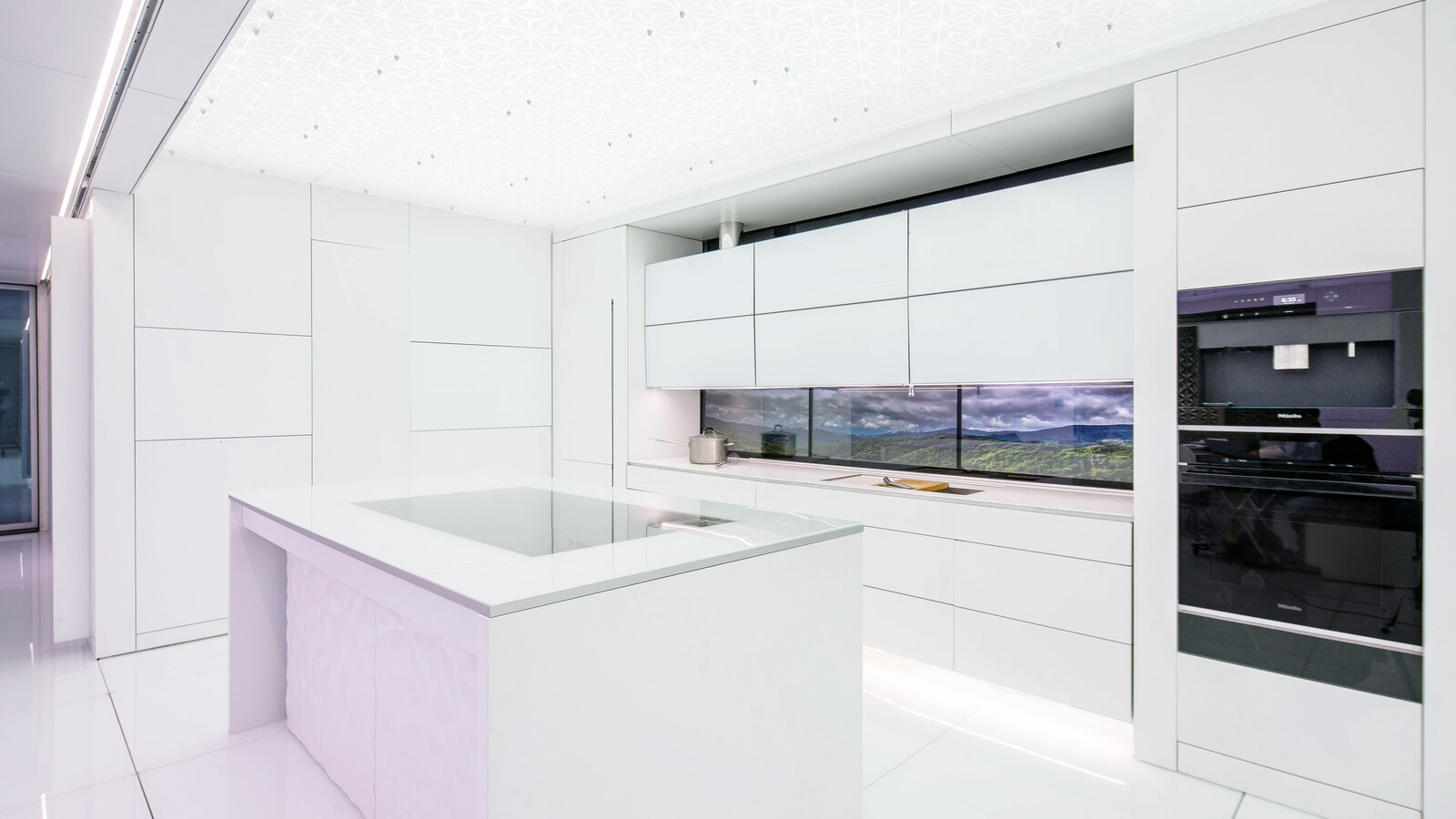
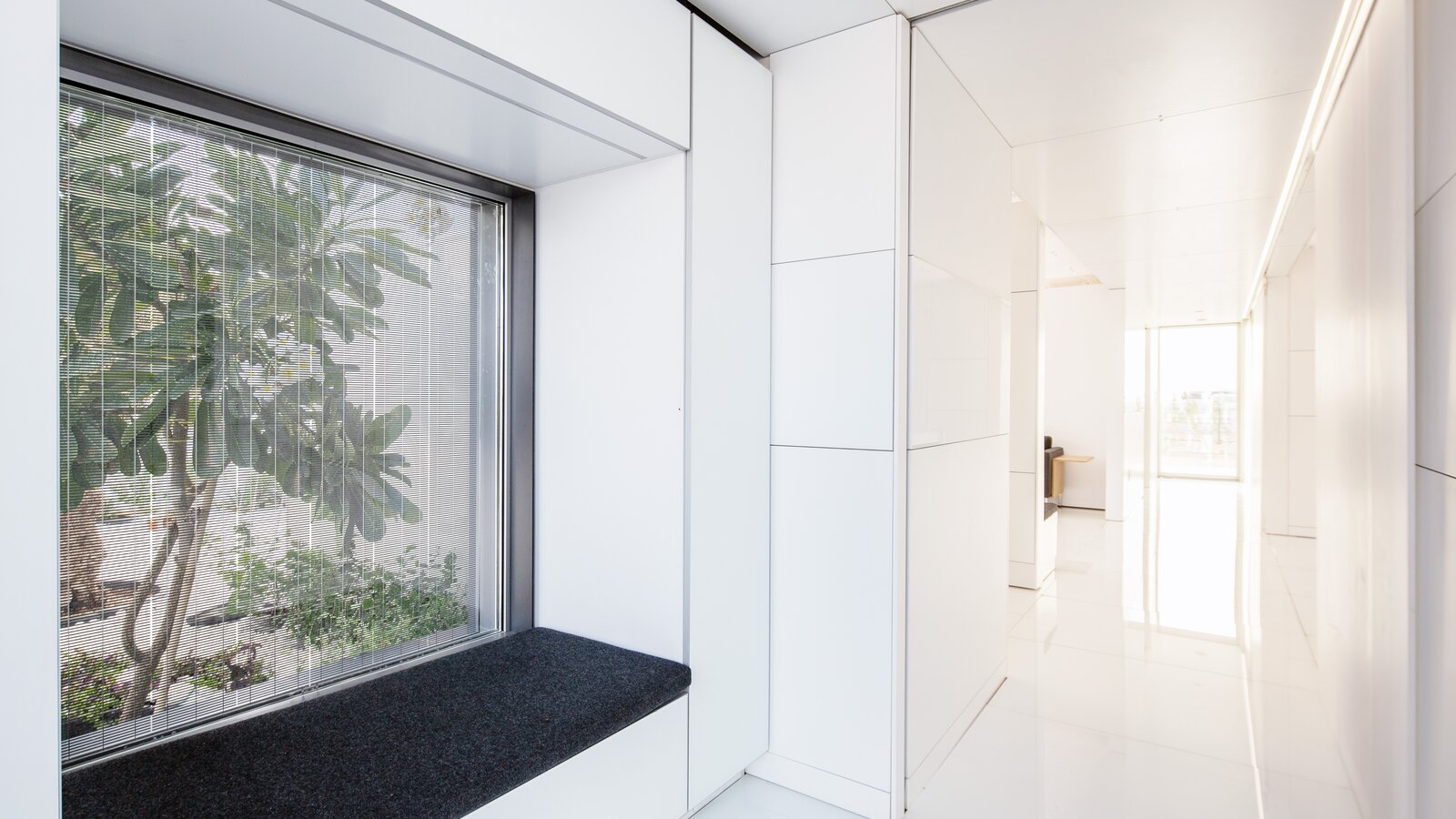
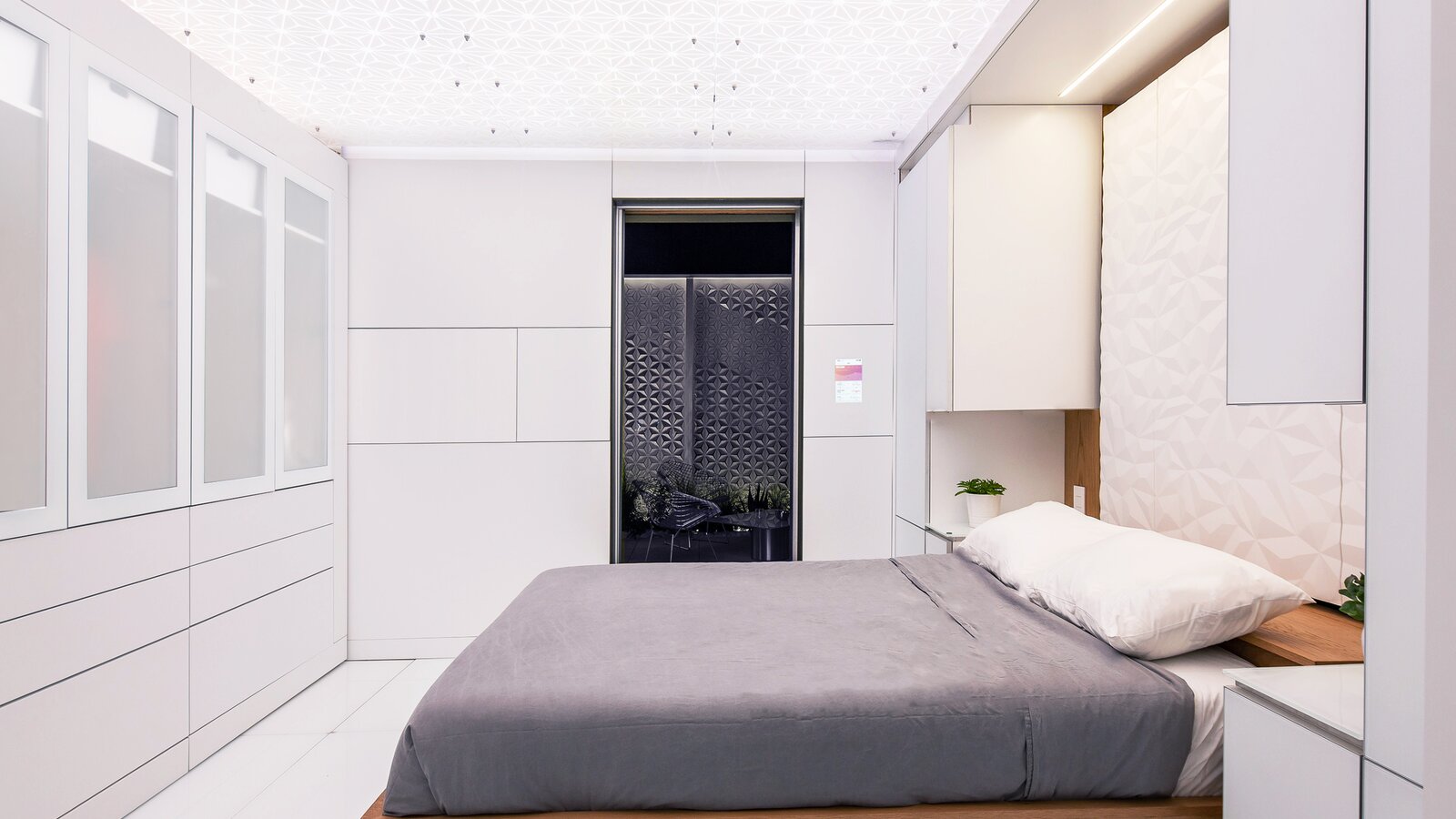
Project description
Inspired by the best production practices of the automotive and aircraft industries, FutureHAUS Dubai is researching the process of prefabrication to deliver modular structures that integrate intelligent technologies, energy-efficient systems and new materials.
The innovative prototype proposes a factory-made, energy-friendly, intelligent house. The goal is not only to invent the future of housing by integrating intelligent technologies, but also the future of the way they should be built.
After years of research and development by over 100 students and lecturers from Virginia Tech, the FutureHAUS Dubai team has officially built the world's best solar house.
"The best way to predict the future is to invent it." The FutureHAUS Dubai team has been working for years on the development of the solar house Alan Kay.
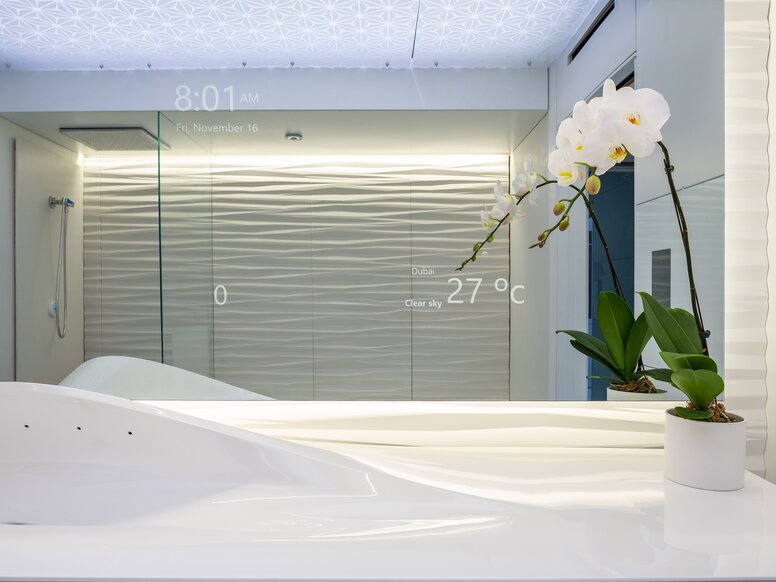
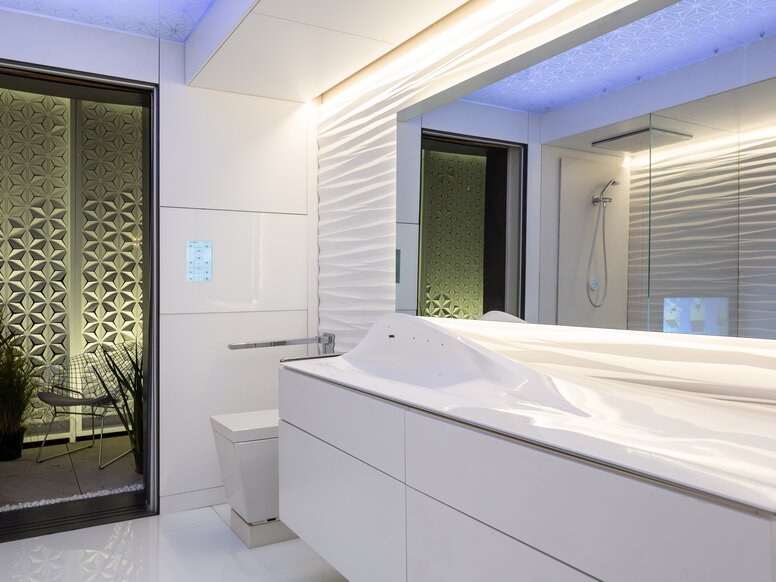
The American team won first place against 14 other selected teams and more than 60 participants in the Solar Decathlon Middle East, a competition initiated by the United States Department of Energy and the Dubai Electricity & Water Authority of the United Arab Emirates.
The aim of the global competition was to accelerate research into the construction of sustainable, grid-connected solar houses.
The FutureHAUS is now back in the USA. Due to the modular construction it travels through the country and shows the innovative way of building. The FutureHAUS has now stood for one and a half weeks in Times Square during the New York Design Week.
System 800
The FutureHAUS makes it clear that barrier-free bathrooms will be standard in the living of the future and not the exception. You can experience the future now - with the HEWI System 800 folding support handle from the FutureHAUS.
System 800 combines organic forms with purist design. Harmonious radii and clear lines characterise the accessories. System 800 is the perfect combination of clarity, emotionality and function.
Like the principle of the FutureHAUS, the sanitary system is modular in design and thus allows a wide range of possible combinations, so that the bathroom can be designed to meet individual requirements.
Design Center
Virginia Tech's Center for Design Research has been researching the architecture and engineering of energy-efficient homes for more than two decades. Starting with the first solar house, which was built for the first D.O.E. Solar Decathlon competition was designed and built in 2002, up to four competitions later with LumenHAUS, the first "intelligent house" prototype that won the first Solar Decathlon Europe competition 2010 in Madrid, Spain.
Now the Center, together with Energy Research, is researching an energy-friendly house prefabricated in an ideal factory environment that uses new intelligent building technologies and maximizes both energy efficiency and sustainability.
Detailed information
Object type
Home
Photos
HEWI
Location
Dubai, UAE
Architect
Virginia Tech's Center for Design Research
Completion
2018
Client
Virginia Tech's Center for Design Research
Products used
